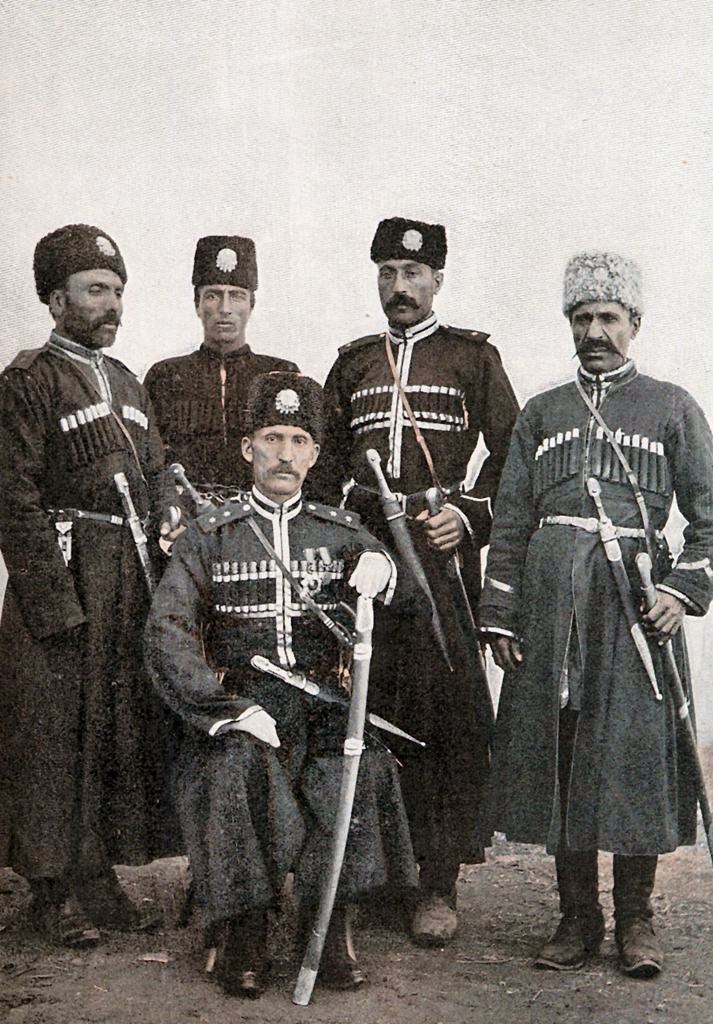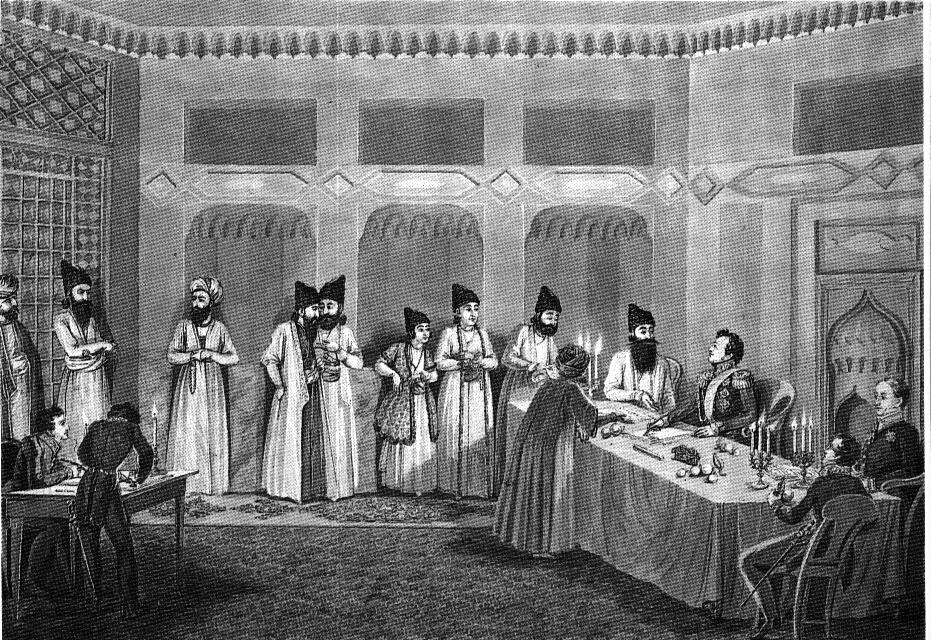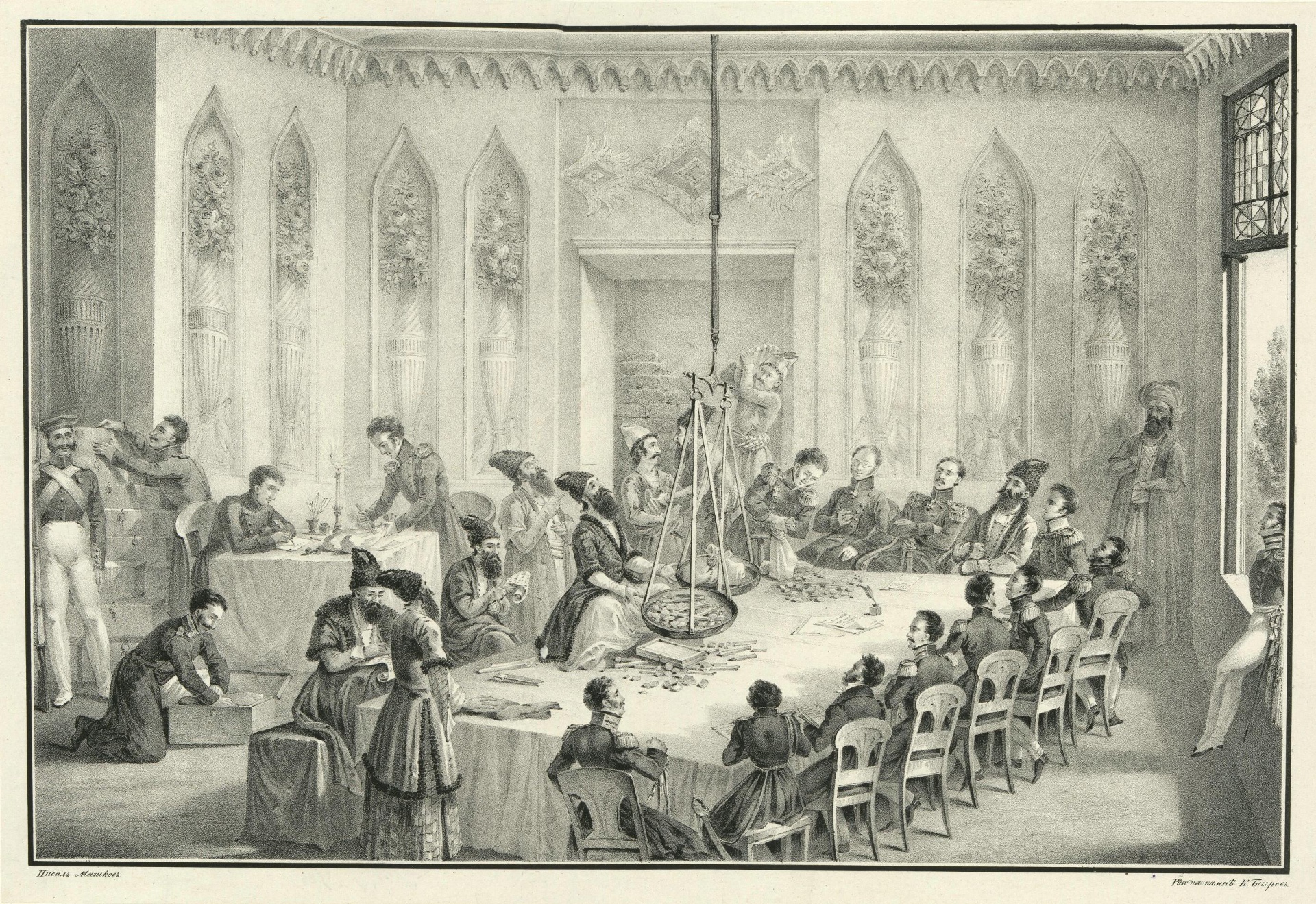|
Suldouze
Naqadeh () is a city in the Central District of Naqadeh County, West Azerbaijan province, Iran, serving as capital of both the county and the district. Etymology Naqadeh is the current name of the town (and county). The former name, known as Solduz (also spelled Sulduz, in Kurdish: Sundus), in reference to the Mongol Sulduz tribe, may have replaced an older name (now lost) during the reign of the Ilkhanid ruler Ghazan in 1303. History In 1303, during the reign of Ilkhanid ruler Ghazan, the area comprising Naqadeh County was distributed in fiefs. According to the orientalist Vladimir Minorsky (died 1966), citing the 16th-century Kurdish prince and writer Sharafkhan Bidlisi, during the rule of the Turkoman Aq Qoyunlu and Qara Qoyunlu (in about the 15th century), the Kurds of the Mukri occupied the county of Naqadeh, and its old inhabitants were most likely "reduced to servitude". Minorsky, citing a mutilated and undated part of Bidlisi's work, narrates that a certain Budak ... [...More Info...] [...Related Items...] OR: [Wikipedia] [Google] [Baidu] |
OpenStreetMap
OpenStreetMap (abbreviated OSM) is a free, Open Database License, open geographic database, map database updated and maintained by a community of volunteers via open collaboration. Contributors collect data from surveying, surveys, trace from Aerial photography, aerial photo imagery or satellite imagery, and import from other freely licensed geodata sources. OpenStreetMap is Free content, freely licensed under the Open Database License and is commonly used to make electronic maps, inform turn-by-turn navigation, and assist in humanitarian aid and Data and information visualization, data visualisation. OpenStreetMap uses its own data model to store geographical features which can then be exported into other GIS file formats. The OpenStreetMap website itself is an Web mapping, online map, geodata search engine, and editor. OpenStreetMap was created by Steve Coast in response to the Ordnance Survey, the United Kingdom's national mapping agency, failing to release its data to the pub ... [...More Info...] [...Related Items...] OR: [Wikipedia] [Google] [Baidu] |
Qara Qoyunlu
The Qara Qoyunlu or Kara Koyunlu (, ; ), also known as the Black Sheep Turkomans, were a culturally Persianate, Muslim Turkoman "Kara Koyunlu, also spelled Qara Qoyunlu, Turkish Karakoyunlular, English Black Sheep, Turkmen tribal federation that ruled Azerbaijan, Armenia, and Iraq from about 1375 to 1468." "Better known as Turkomans... the interim Ak-Koyunlu and Karakoyunlu dynasties..." monarchy that ruled over the territory comprising present-day Azerbaijan, Armenia, northwestern Iran, eastern Turkey, and northeastern Iraq from about 1374 to 1468. History Etymology The name Qara Qoyunlu literally means "hose withblack sheep". It has been suggested that this name refers to old totemic symbols, but according to Rashid al-Din Hamadani, the Turks were forbidden to eat the flesh of their totem-animals, and so this is unlikely given the importance of mutton in the diet of pastoral nomads. Another hypothesis is that the name refers to the predominant color of their flocks. Origi ... [...More Info...] [...Related Items...] OR: [Wikipedia] [Google] [Baidu] |
Assyrian People
Assyrians (, ) are an ethnic group Indigenous peoples, indigenous to Mesopotamia, a geographical region in West Asia. Modern Assyrians Assyrian continuity, share descent directly from the ancient Assyrians, one of the key civilizations of Mesopotamia. While they are distinct from other Mesopotamian groups, such as the Babylonians, they share in the broader cultural heritage of the Mesopotamian region. Modern Assyrians may culturally self-identify as Terms for Syriac Christians#Syriac identity, Syriacs, Chaldean Catholics, Chaldeans, or Terms for Syriac Christians#Aramean identity, Arameans for religious, geographic, and tribal identification. Assyrians speak various dialects of Neo-Aramaic, specifically those known as Suret and Turoyo, which are among the oldest continuously spoken and written languages in the world. Aramaic was the lingua franca of West Asia for centuries and was the language spoken by historical Jesus, Jesus. It has influenced other languages such as Hebrew an ... [...More Info...] [...Related Items...] OR: [Wikipedia] [Google] [Baidu] |
Israel
Israel, officially the State of Israel, is a country in West Asia. It Borders of Israel, shares borders with Lebanon to the north, Syria to the north-east, Jordan to the east, Egypt to the south-west, and the Mediterranean Sea to the west. Israeli-occupied territories, It occupies the Occupied Palestinian territories, Palestinian territories of the West Bank in the east and the Gaza Strip in the south-west. Israel also has a small coastline on the Red Sea at its southernmost point, and part of the Dead Sea lies along its eastern border. Status of Jerusalem, Its proclaimed capital is Jerusalem, while Tel Aviv is the country's Gush Dan, largest urban area and Economy of Israel, economic center. Israel is located in a region known as the Land of Israel, synonymous with the Palestine (region), Palestine region, the Holy Land, and Canaan. In antiquity, it was home to the Canaanite civilisation followed by the History of ancient Israel and Judah, kingdoms of Israel and Judah. Situate ... [...More Info...] [...Related Items...] OR: [Wikipedia] [Google] [Baidu] |
Jews
Jews (, , ), or the Jewish people, are an ethnoreligious group and nation, originating from the Israelites of History of ancient Israel and Judah, ancient Israel and Judah. They also traditionally adhere to Judaism. Jewish ethnicity, religion, and community are highly interrelated, as Judaism is their ethnic religion, though it is not practiced by all ethnic Jews. Despite this, religious Jews regard Gerim, converts to Judaism as members of the Jewish nation, pursuant to the Conversion to Judaism, long-standing conversion process. The Israelites emerged from the pre-existing Canaanite peoples to establish Kingdom of Israel (Samaria), Israel and Kingdom of Judah, Judah in the Southern Levant during the Iron Age.John Day (Old Testament scholar), John Day (2005), ''In Search of Pre-Exilic Israel'', Bloomsbury Publishing, pp. 47.5 [48] 'In this sense, the emergence of ancient Israel is viewed not as the cause of the demise of Canaanite culture but as its upshot'. Originally, J ... [...More Info...] [...Related Items...] OR: [Wikipedia] [Google] [Baidu] |
Assyrians In Iran
Assyrians in Iran (; ), or Iranian Assyrians, are an ethnic and linguistic minority in present-day Iran. The Assyrians of Iran speak Assyrian Neo-Aramaic, a neo-Aramaic language descended from the eastern dialects of the old Aramaic language with elements of Akkadian, and are Eastern Rite Christians belonging mostly to the Assyrian Church of the East and also to the Ancient Church of the East, Assyrian Pentecostal Church, Chaldean Catholic Church and Assyrian Evangelical Church. They share a common history and ethnic identity, rooted in shared linguistic, cultural and religious traditions, with Assyrians in Iraq, Assyrians in Turkey and Assyrians in Syria, as well as with the Assyrian diaspora. The Assyrian community in Iran numbered approximately 200,000 prior to the Islamic Revolution of 1979. In 1987, there were an estimated 50,000 Assyrians living in Tehran. However, after the revolution many Assyrians left the country, primarily for the United States; the 1996 Iran ... [...More Info...] [...Related Items...] OR: [Wikipedia] [Google] [Baidu] |
Shia Islam
Shia Islam is the second-largest Islamic schools and branches, branch of Islam. It holds that Muhammad in Islam, Muhammad designated Ali ibn Abi Talib () as both his political Succession to Muhammad, successor (caliph) and as the spiritual leader of the Muslim community (Imamah (Shia doctrine), imam). However, his right is understood to have been usurped by a number of Companions of the Prophet, Muhammad's companions at the meeting of Saqifa where they appointed Abu Bakr () as caliph instead. As such, Sunni Muslims believe Abu Bakr, Umar (), Uthman () and Ali to be 'Rashidun, rightly-guided caliphs' whereas Shia Muslims only regard Ali as the legitimate successor. Shia Muslims assert imamate continued through Ali's sons Hasan ibn Ali, Hasan and Husayn ibn Ali, Husayn, after whom different Shia branches have their own imams. They revere the , the family of Muhammad, maintaining that they possess divine knowledge. Shia holy sites include the Imam Ali Shrine, shrine of Ali in Naj ... [...More Info...] [...Related Items...] OR: [Wikipedia] [Google] [Baidu] |
Muqaddam
() is an Arabic title, adopted in other Islamic or Islamicate cultures, for various civil or religious officials. As per the Persian records of medieval India, muqaddams, along with khots and chowdhurys, acted as hereditary rural intermediaries between the state and the peasantry. Originating during the Delhi Sultanate, the earliest known reference to the muqaddami system dates from the first decades of the 13th century, when Hasan Nizami wrote of a delegation of muqaddams offering gifts to Sultan Qutb ud-Din Aibak. Muqaddams were tasked with revenue collection in the areas under their jurisdiction, for which they received either 2.5% as remuneration or rent-free land equalling that amount. The socio-economic status of muqaddams varied over time; during the revenue reforms of Alauddin Khalji, many were impoverished due to the abolition of their traditional privileges. However, in other periods the muqaddams "were prosperous enough to ride on costly Arabi and Iraqi horses, wear fi ... [...More Info...] [...Related Items...] OR: [Wikipedia] [Google] [Baidu] |
Karapapakhs
The Karapapakhs (; ), or Terekeme (; ), are a Turkic people, who originally spoke the Karapapakh language, a western Oghuz language closely related to Azerbaijani and Turkish. Nowadays, the Karapapakh language has been largely supplanted by Azerbaijani and Turkish. After moving into Western Asia in the Middle Ages together with other Turkic speakers and Mongol nomads, the Karapapakhs settled along the Debed river in eastern Georgia (along the present-day Georgian-Armenian border). They moved to Qajar Iran, and the Ottoman Empire after the Treaty of Turkmenchay was concluded between Iran and Russia in 1828. The Karapapakhs who remained within the Russian Empire were counted as a separate group in Tsarist population figures. During the Soviet Union's existence, the Karapapakhs were culturally and linguistically assimilated by the Azerbaijanis, and they were counted as "Azerbaijanis" in the 1959 and 1970 Soviet censuses. In 1944 the Karapapakh in the Soviet Union were depo ... [...More Info...] [...Related Items...] OR: [Wikipedia] [Google] [Baidu] |
Fief
A fief (; ) was a central element in medieval contracts based on feudal law. It consisted of a form of property holding or other rights granted by an overlord to a vassal, who held it in fealty or "in fee" in return for a form of feudal allegiance, services or payments. The fees were often lands, land revenue or revenue-producing real property like a watermill, held in feudal land tenure: these are typically known as fiefs or fiefdoms. However, not only land but anything of value could be held in fee, including governmental office, rights of exploitation such as hunting, fishing or felling trees, monopolies in trade, money rents and tax farms. There never existed a standard feudal system, nor did there exist only one type of fief. Over the ages, depending on the region, there was a broad variety of customs using the same basic legal principles in many variations. Terminology In ancient Rome, a " benefice" (from the Latin noun , meaning "benefit") was a gift of land () f ... [...More Info...] [...Related Items...] OR: [Wikipedia] [Google] [Baidu] |
Abbas Mirza
Abbas Mirza (; 26 August 1789 – 25 October 1833) was the Qajar dynasty, Qajar crown prince of Qajar Iran, Iran during the reign of his father Fath-Ali Shah Qajar (). As governor of the vulnerable Azerbaijan (Iran), Azerbaijan province, he played a crucial part in the two wars against the Russian Empire (Russo-Persian War (1804–1813), 1804–1813 and Russo-Persian War (1826–1828), 1826–1828), as well as the Ottoman–Persian War (1821–1823), war of 1821–1823 against the Ottoman Empire. He is also recognized for leading Iran's first reform and modernization attempts with the help of his ministers Mirza Bozorg Qa'em-Maqam and Abol-Qasem Qa'em-Maqam. The conflict in the Azerbaijan and Caucasus regions between Iran and the Russian Empire was prevalent throughout the time that Abbas Mirza was growing up. On March 20, 1799, he was made the crown prince and given the title of ''Nayeb-al-saltana'' (viceregent). Around the same time, he was appointed the governor of Azerbaijan, w ... [...More Info...] [...Related Items...] OR: [Wikipedia] [Google] [Baidu] |
Treaty Of Turkmenchay
The Treaty of Turkmenchay (; ) was an agreement between Qajar Iran and the Russian Empire, which concluded the Russo-Persian War (1826–1828). It was second of the series of treaties (the first was the 1813 Treaty of Gulistan and the last, the 1881 Treaty of Akhal) signed between Qajar Iran and Imperial Russia that forced Iran to cede or recognize Russian influence over the territories that formerly were part of Iran. The treaty was signed on 22 February 1828 (5 Sha'ban 1243) in Torkamanchay (a village between Tabriz and Tehran). It made Iran cede the control of several areas in the South Caucasus to Russia: the Erivan Khanate, the Nakhchivan Khanate and the remainder of the Talysh Khanate. The boundary between Russia and Iran was set at the Aras River. These territories are now Armenia, the south of the Republic of Azerbaijan, Nakhchivan and Iğdır Province (now part of Turkey). The treaty was signed for Iran by the Crown Prince Abbas Mirza and Allah-Yar Khan Asef ... [...More Info...] [...Related Items...] OR: [Wikipedia] [Google] [Baidu] |






